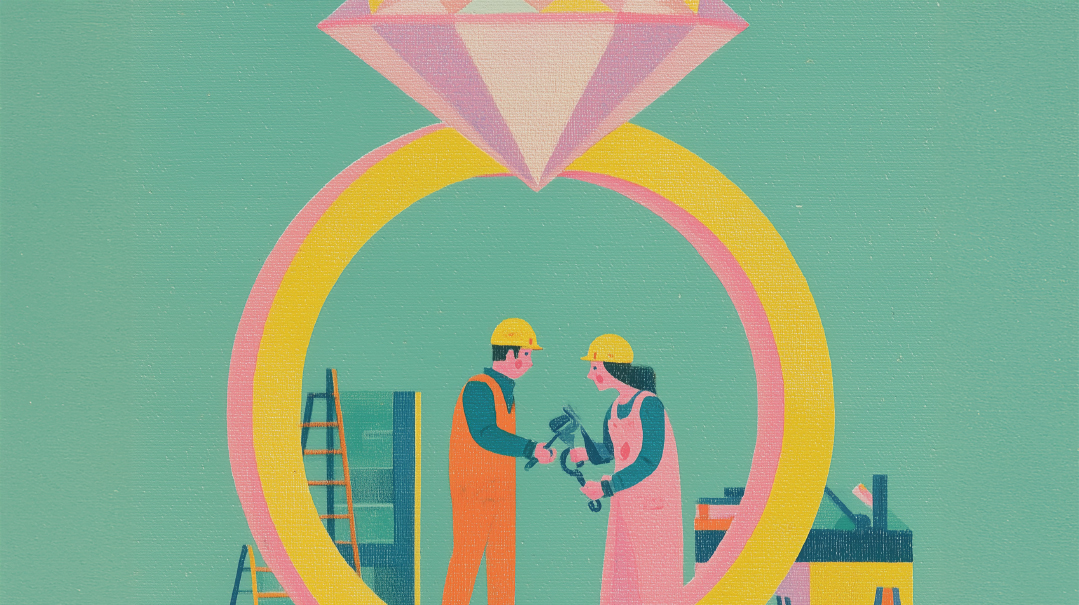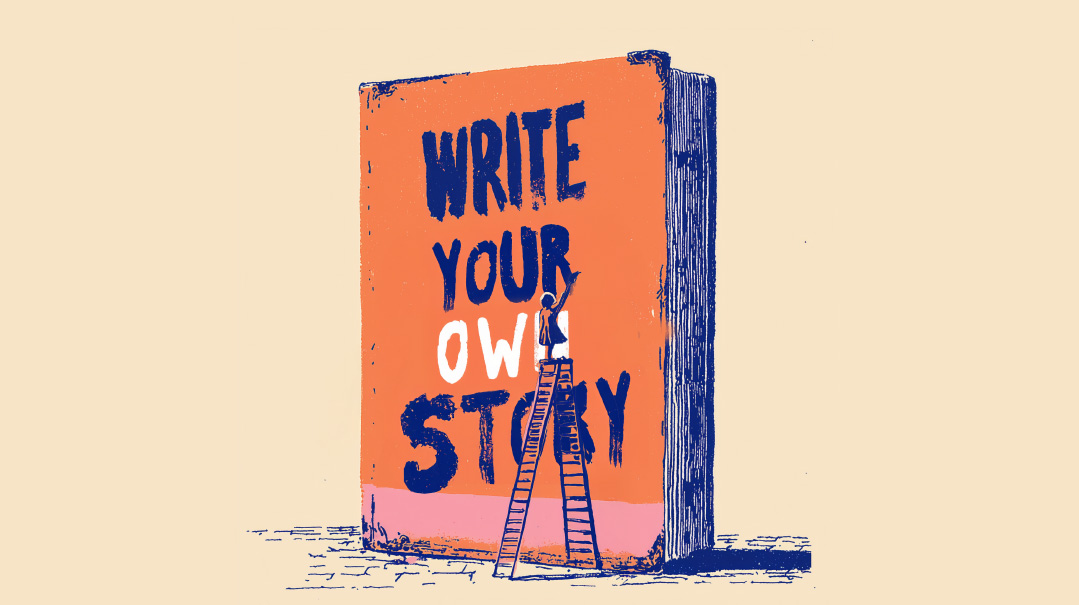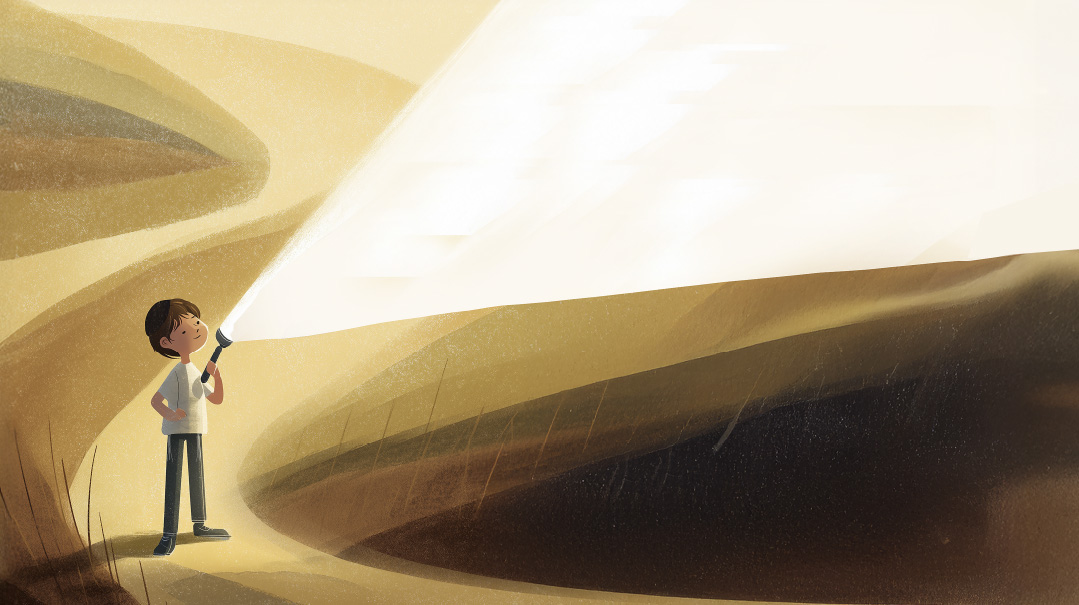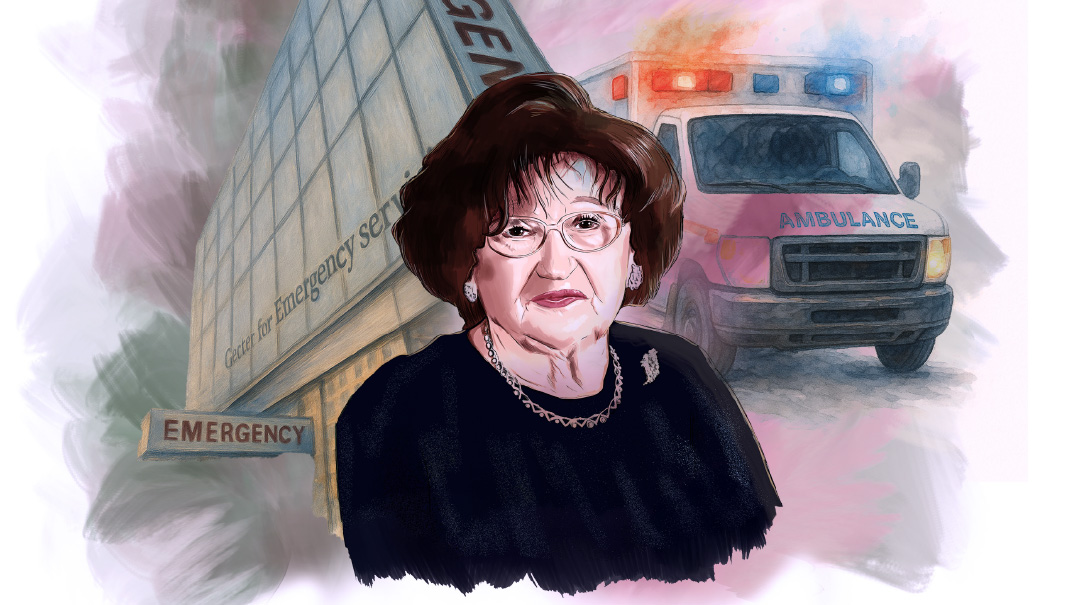Take Care

Self care or self-centered? Role models in our community share what they do to take care of themselves and how they use those acts of self-nurture as a vehicle for spiritual growth
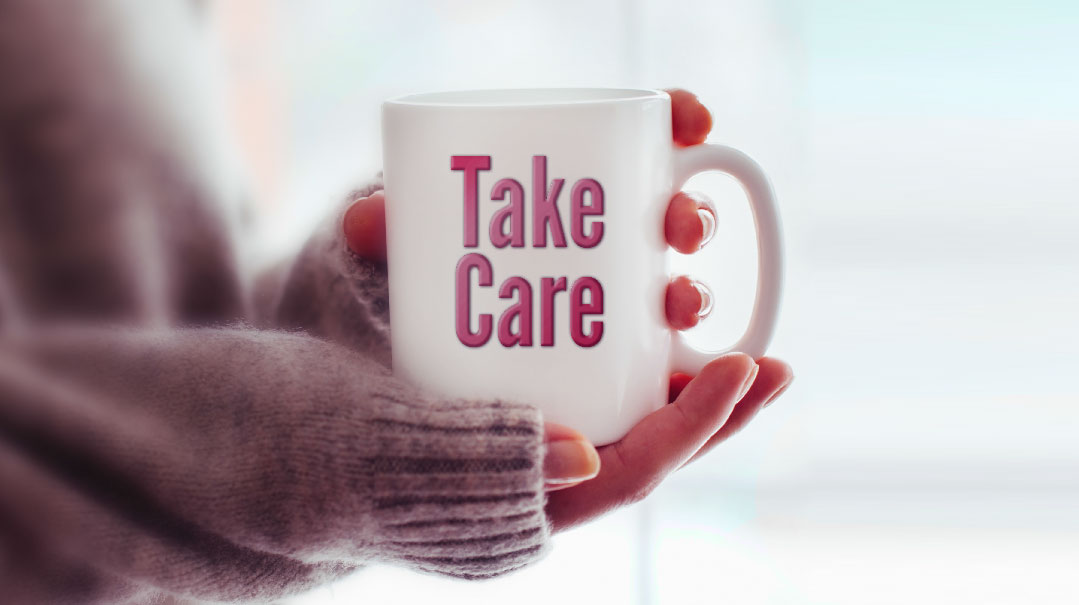
Rebbetzin Dina Coopersmith
Rav Noach Weinberg ztz”l used to teach a class, which I heard many times and subsequently learned by heart, called “The Five Levels of Pleasure.” He taught that Hashem created this world for our pleasure. Growing up in a frum family, this was rather revolutionary. I’d always thought we were created to serve G-d, and would be punished if we failed to do so.
But of course, if we learn Torah sources properly, we see that if Hashem is Infinite, He certainly does not need anything from us, and the only reason He created us is for our personal good and pleasure.
Obviously the ultimate (first-level) pleasure is attachment to Hashem, but fifth-level pleasure, physical pleasure, is still legitimate, it’s “oneg,” and is meant to be experienced as a means to the end of connecting us to Hashem.
Going to the gym, running outside, going out to eat with your spouse or friend, a spa-day or recharging vacation, even a glass of good wine or a great cup of coffee, can be not only “okay” and no reason to feel guilty, but can actually be a positive means to the end of coming closer to Hashem, the purpose for which we were created!
The Nesivos Shalom speaks about “permitted pleasures” being either a mitzvah or an aveirah. There’s no in-between. “Kadeish atzmecha bamutar” is a prevalent topic in his writings — bringing holiness into the permitted behaviors.
If you bring Hashem into the experience of self-care, by thanking Him, by becoming more aware of His love, by enjoying the world He created, by enjoying Shabbos, you’re connecting to Him and doing the utmost positive thing.
Next time you want to take a break or enjoy a moment of physical pleasure, make sure to be mindful of how the experience can make you into a happier, healthier, more loving, more effective and energized person, and at the very least, say: thank You Hashem for giving me this wonderful world for my pleasure! You will be making the mundane holy, and the permitted pleasure into a mitzvah.
As for my go-to oneg? Milk chocolate with nougat cream or a good spinning class.
Rebbetzin Dina Coopersmith lives in Yerushalayim with her husband Rabbi Nechemia and their five children. She has been involved in seminary and adult education and kiruv rechokim and kerovim for 30 years. She currently runs inspirational emunah trips to Israel for women.
Mrs. Baila Vorhand
I haven’t taken a vacation in who knows how long, but I don’t feel desperate for one, because I ensure I get “downtime” in other ways. I’ll sit down several times a day for a warm drink, a fruit, or just to tune out the background noise for several moments.
I also ensure that I get some writing time in.
Additionally, I need to be connected spiritually in order to be my most vibrant self. So I’ll go to a tish or to shul for that boost. Self-care is important, but it has to be both physical and spiritual.
Mrs. Vorhand is an author and Mishpacha columnist.
Rebbetzin Shoshana Ezekiel
I started REconnect because living in Eretz Yisrael while my husband learned in kollel felt like I was doing something for his sake. And I badly needed something worthwhile to do for my sake. Organizing inspirational speeches and shiurim for all the women around me has been incredible, because I know they all feel the same way I did back then.
When what I need is more physical than a shiur, I do my best to ensure I get it. Sometimes, it’s as small as a walk alone in a flower garden.
There is definitely a need for balance in the area of self-care. It’s important, no doubt about that, but the outside world has taken it overboard, and now we have the iGeneration overshadowing a good concept.
Still, self-care in its purest form is vital for a healthy, Jewish life. I remember taking kallah classes with Rebbetzin Ruthie Halberstam and her intoning, “Remember that you need to give to yourself so that you have the energy to give over to your family.”
You have to know what you need in order to be the best version of yourself, and then make sure you get that.
Rebbetzin Shoshana Ezekiel is the founder of the REConnect movement in Ramat Eshkol under the auspices of Rav Nissan Kaplan, shlita.
Mrs. Shaindy Eisenberg
Everybody needs to carve out time for herself and do the things they enjoy once in a while.
But I think that this message has become quite pervasive over the past few years. I’ve overheard big seminary mechanchos tell girls to take some time to go walking and many rebbetzins have advised young mothers to get help or get out of the house for a few hours. Date nights with your husband have become the norm to encourage.
Walk into any café and you’ll find tables of women and girls enjoying salads and specialty coffees. I don’t think our society today is lacking in knowing how to healthily indulge… there is so much of that.
I’d say that we need to gain clarity in what the ultimate goal of this indulgence is. Pleasure can become an “emotional glue.” When we use pleasure to connect with our friends, spouse, children, ourselves, and, l’havdil, our Creator, we’re making use of this tool in a wonderful way. When we use pleasure for the sake of pleasure in and of itself, when it becomes our main pursuit, then those same letters that spell oneg will be switched around to negah — an affliction — and become harmful.
Mrs. Shaindy Eisenberg is a Yahadus teacher in Manhattan High School for Girls.
Mrs. Miriam Israeli
As women, we nourish and nurture everyone else. Why should we discriminate against ourselves? We don’t deserve less than everyone else. And if we allow our tanks to get empty, then how will we continue to fill everyone else’s?
I go to the gym as a method of self-care. I carve time out of my full schedule for friends. And even though people question why, I signed myself up for music theory lessons. Just because I enjoy it, and for no other reason.
Jews are commanded to serve Hashem with joy. And if women allow themselves to feel down, taken advantage of, martyred, then how will they fulfill this mitzvah?
Miriam Israeli is a well-known singer and songwriter.
Rebbetzin Lori Palatnik
Doing things we love feeds not only our strengths, but our creative souls. What fills me is writing. I’m currently working on a screenplay, and it makes me feel complete and fulfilled to be doing something just because I want to and no other reason.
Rebbetzin Lori Palatnik is the founding director of The Jewish Women’s Renaissance Project.
Rebbetzin Feige Twerski
What most women don’t realize is that when they take care of themselves, they are, in fact, taking care of their children’s mother, and their husband’s wife. Taking time for ourselves may make us think that we’re accomplishing less, but the truth is, by taking a breather, we’re enabling ourselves to bring more energy to our tasks.
There’s a story of two woodcutters who go out to the forest. The first one works nonstop all day, cutting and chopping and piling. The second takes a break on the hour, every hour. At day’s end, the first cutter is astonished to see that they have gathered the exact same amount of wood. “How can that be?” he wonders.
“Well, you see,” the second woodcutter responds, “every time I took a break, I sharpened my saw.”
And that’s exactly what you’re doing when you take a moment for yourself. My mother a”h used to come visit me, and she’d watch as I whirled from task to task and she’d say in Yiddish, “Remember, you’re the child of a mother as well.” She was telling me that I, too, deserve to be taken care of.
We’re loathe to do it, of course, we all have a martyr complex, we think working ourselves to the bone is a value. But what value is there if it leads to overwhelm and resentment? Then it can only cause damage, to ourselves, to our families, to our homes.
My father-in-law pulled me aside shortly after I got married and told me, “The worst thing for a man is to have a wife who gets down and negative; the biggest blessing is a woman who is upbeat.” And that’s an impossible task if we don’t express our needs and meet them.
Rebbetzin Feige Twerski of Milwaukee is a mother of 11, grandmother to many more, and is rebbetzin, alongside her husband, of Congregation Beth Jehudah.
(Originally featured in Family First, Issue 717)
Oops! We could not locate your form.


